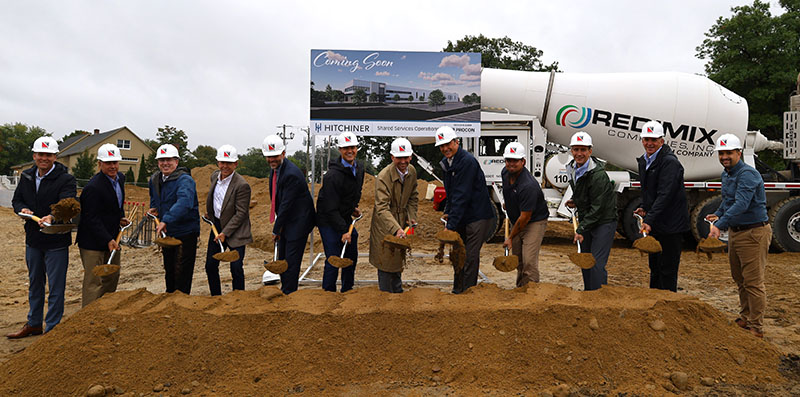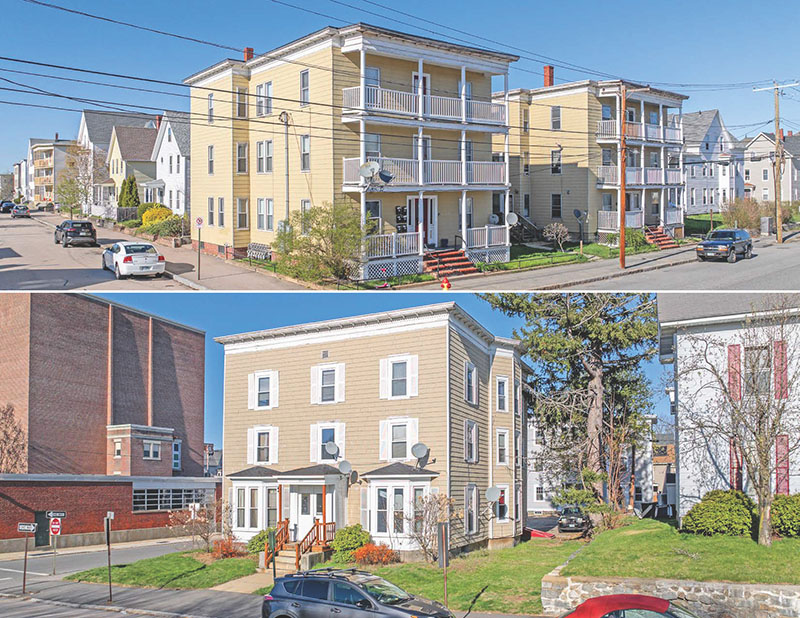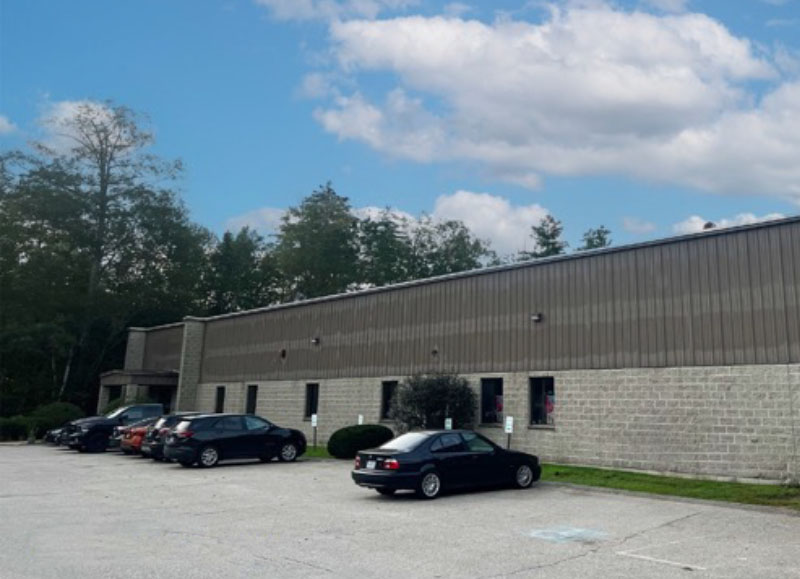NHCIBOR president’s message: Real estate is an important issue in New Hamsphire - by Ethan Ash

As we are nearing the elections in November, I can only imagine what the political landscape looks like as you are reading this message. I think most people can agree that at a national level, elections have become more fanatic and tribal - focused far more about a side winning versus the actual policies that are being considered. NHCIBOR was lucky that all of the major candidates running for governor in the state of New Hampshire came and spoke with our members about real estate issues plaguing the state. Affordable housing was on each and every one of the candidates minds since they see it is a very important issue that needs to be addressed. I thought I would share my opinion on why real estate is an extremely important issue that the New Hampshire residents should be keeping in mind when they cast their ballot this November.
The residential real estate market in the U.S. is estimated to be at $2.53 trillion in 2023, while commercial real estate is anticipated to reach a staggering $25.37 trillion by 2024. Real estate is such a large part of the economy it can’t be overlooked. As a reference, the market capitalization of the entire New York Stock Exchange is $25.564 trillion (Feb. 2024). Locally, the state of New Hampshire receives over $3.7 billion (51%) of their local property taxes, an additional $363 million (5%) from statewide education property tax and $210 million (3%) from transfer taxes. This means almost 60% of the New Hampshire state revenue comes from real estate and real estate sales. So when we hear numbers that by 2030 we will be 60,000 housing units short in the state, this is not only an issue for the affordability of housing, but the government missing potential revenue to run the programs and infrastructure that benefit its residents. When there are so many housing units that are needed to be built, but only 4,512 housing permits issued in 2023, we know that there is no silver bullet to solve this issue. The other policies that affect housing, both on existing and new development, are local zoning, approval delays from both the town boards and state agencies, set back requirements, landlord/tenant law, infrastructure, and housing voucher program just to name a few.
According to U.S News, New Hampshire is the second best place to live in the U.S. If we want our kids and grandkids to be able to stay in this amazing area of the country, we need a place for them to live.
I am very lucky to have lived in New Hampshire my entire life and I am looking forward to continuing to help grow the state, so more people have the opportunity to appreciate this beautiful area.
Ethan Ash is the 2024 president of the N.H. Commercial Investment Board of Realtors, Bedford and is a real estate agent at Coastal Land & Commercial Group, Keller Williams Coastal, Lakes & Mountains, Portsmouth, N.H.








